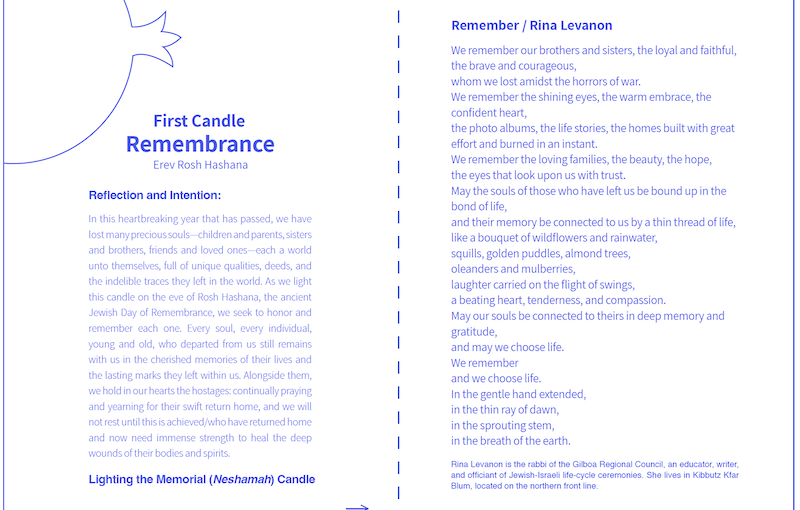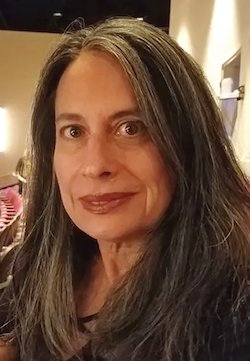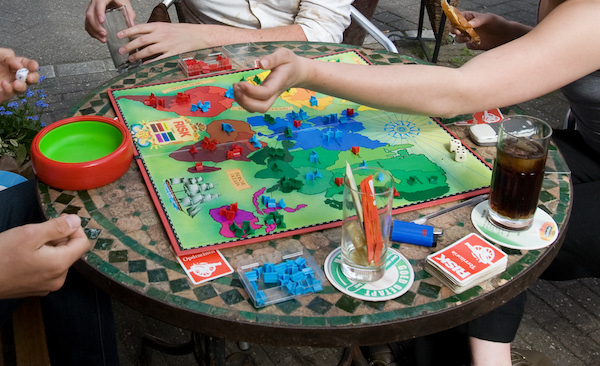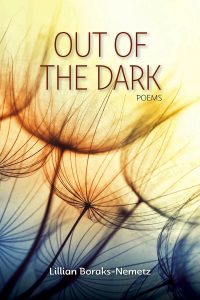If you were to write a personal “book of life” to express your aspirations for growth in the year ahead, what would its title be? (photo from thisenchantedpixie.org)
In the face of the immense sadness and devastation of the past 11 months, and the suffering that seems to know no bounds, I find it difficult to even register that Elul, the last month on the Jewish calendar, has arrived. But, as the Jewish year inevitably advances, I seek solace and meaning in two practices that have helped me prepare for new years past.
The first is writing my “book title,” for a family ritual we created years ago to facilitate the work of reflection, forgiveness and imagination that are core to themes of the High Holidays. The Rosh Hashanah and Yom Kippur liturgies tie our teshuvah, our annual returning to our best selves, to our desire to be inscribed in a celestial “Book of Life.” Using this image, my family gathers around the Rosh Hashanah lunch table each year to share the titles of our personal “books of life” and to express our aspirations for growth and desires to be held accountable by one another in the year ahead.
The second is to dust off my shofar and sound the first blast, as I will continue to do, in keeping with tradition, each morning of the month of Elul, until the holidays arrive. Each day, I will I close my eyes and coax out the sounds that the shofar has been compared to: Sarah weeping for Isaac, a call to battle, the blasts that signal God’s presence on Mount Sinai, the call of justice that cracks open the hardness of the universe, the hardness in our hearts and in the hearts of our political leaders and awakens in us a renewed sense of purpose and possibility. By doing this, I hope I will be prepared, both physically and spiritually, for the full complement of 100 blasts, short and long, that will sound over the holidays themselves.
In the past, each of these rituals has given me hope, hope that change is possible, that I can do better, that collectively we can do better and that a better future is possible.
This Elul, I am finding it more difficult, as I imagine many of us are, to muster a feeling of hope. Last Elul, we could not have imagined the challenges of the past year: the slaughter of Oct. 7; the long and devastating war in Gaza; the plight of the hostages; the loss of friends and allies; the fractious polarization within the Jewish community; the rise in antisemitism. All of this on top of the many issues we continue to work on globally, from hunger to homelessness to climate change. Hope feels at best elusive; in our most cynical moments, it feels naïve.
Hope requires of us that we allow for the possibility of a variety of better futures, futures that are as yet unexperienced and perhaps even unimaginable. Hope requires that we acknowledge that a catastrophe that may feel imminent is not a forgone conclusion. Hope demands the humility to recognize that we just don’t know what will be, and the audacity to own our role in shaping it. Human imagination, intention and action forge a line between this present and the better future for which we long.
“People often confuse optimism and hope,” said Rabbi Jonathan Sacks, z”l. “They sound similar. But, in fact, they’re very different. Optimism is the belief that things are going to get better. Hope is the belief that, if we work hard enough together, we can make things better. It needs no courage, just a certain naïvety to be an optimist. It needs a great deal of courage to have hope.… And hope is what transforms the human situation.”
In Hope in the Dark, Rebecca Solnit describes a commitment to hope as essential to the work of activism toward social change. She shares example after example of times when the future (now history) unfolded because of the powerful imagination, agency and organizing of people who held on to hope. “Hope locates itself in the premises that we don’t know what will happen,” she writes, “and that in the spaciousness of uncertainty is room to act.”
Elul reminds us that we don’t know what will happen but that we have the tools individually and collectively to shape the future. The practices of reflecting on the year past and imagining the year ahead that are built into the Jewish holiday cycle offer us the “spaciousness of uncertainty” we need that can spark hope and move us to action. I rely on my two Elul rituals to facilitate this process of reflection and imagination. Whether it’s journaling, reading, speaking to a colleague or friend, or listening to music, I’m sure that each of us has tools for creating space for the kind of reflection and imagination that makes hope, and the attendant action it demands, possible. And our hopefulness has the potential to inspire others. We can hold possibility for them when they feel discouraged and they can do the same for us.
Elul reflection pushes us to awaken ourselves to new possibilities even in the face of despair, fatigue, anger and overwhelm. And this awakening of hope makes it possible to act.
I consider my book title as I blow the shofar each morning in Elul. I’m leaning toward making it “Hope.”
Questions for reflection
• What practices or rituals will help awaken you to new possibilities this month and coming year?
• What is your book title for the coming year, and who do you want to share it with?
Rachel Jacoby Rosenfield is chief executive officer of the Shalom Hartman Institute of North America (hartman.org.il). Earlier this month, the Hebrew month of Elul, Olam (“a network of Jewish individuals and organizations committed to global service, international development and humanitarian aid” – olamtogether.org) asked her to share her thoughts as a profoundly challenging year for the Jewish people ended.








